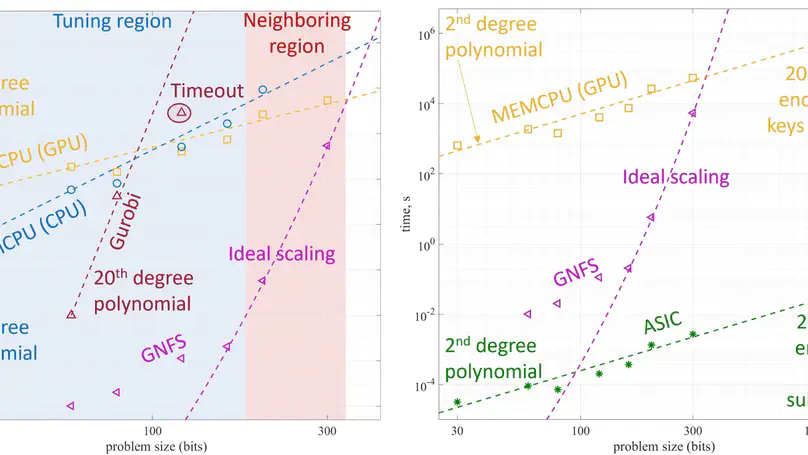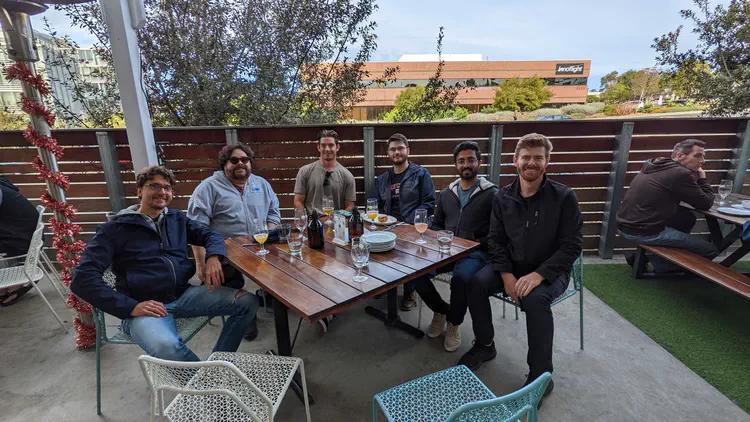Biography
I am a Senior Scientist at MemComputing, Inc. My research interests include machine learning, optimization and condensed matter physics.
At MemComputing, we solve your hardest optimization problems using our novel unconventional computing architecture. My work has been focused on using machine learning to analyze high-dimensional data and using statistical tests to increase the efficiency of the MemComputing solver.
Prior to this, I earned my PhD from Purdue University in Physics. My research focused on topics such as ballistic reversible computing, topological computation, and localized dynamics in non-integrable systems. A major part of my thesis was geared towards developing reversible superconducting circuits that can help reduce energy consumption in our computational devices. Prior to moving to the US for my graduate school, I did an integrated BS-MS in Physics from the Indian Institute of Science Education and Research Kolkata, India where I was awarded the Director’s Gold Medal in Physics. I was also the recipient of the prestigious Ross fellowship at Purdue.
- Machine Learning
- Computational Physics
- Combinatorial Optimization
- Condensed Matter Physics
PhD in Physics, 2022
Purdue University
BS-MS Dual Degree, 2016
Indian Institute of Science Education and Research Kolkata
Experience
Recent Posts
Projects
Featured Publications

We report preliminary results on using the MEMCPU Platform to compute the prime factorization of large biprimes. The first approach, the direct model, directly returns the factors of a given biprime. The second approach, the congruence model, returns smooth congruences to address the bottleneck of standard sieve methods. The models have size-dependent structure, and the MEMCPU Platform requires structure-dependent tuning for optimal performance. Therefore, for both models, we tuned the platform on sample problems up to a given size according to available resources. Then we generated RSA-like benchmark biprimes to perform rigorous scaling analysis. The MEMCPU timings over the tuned range followed low degree polynomials in the number of bits, markedly different than other tested methods including general number field sieve. MEMCPU’s congruence model was the most promising, which was scaled up to 300-bit factorization problems while following a 2nd degree polynomial fit. We also discuss the approach to tuning the MEMCPU Platform for problems beyond the reach of today’s most advanced methods. Finally, basic analysis of the acceleration expected from an ASIC implementation is provided and suggests the possibility of real time factorization of large biprimes.
Recent Publications
Recent & Upcoming Talks
Contact
Please drop me a note if you have any questions regarding my work or are interested in knowing more about it.
- San Diego, CA
- DM Me







